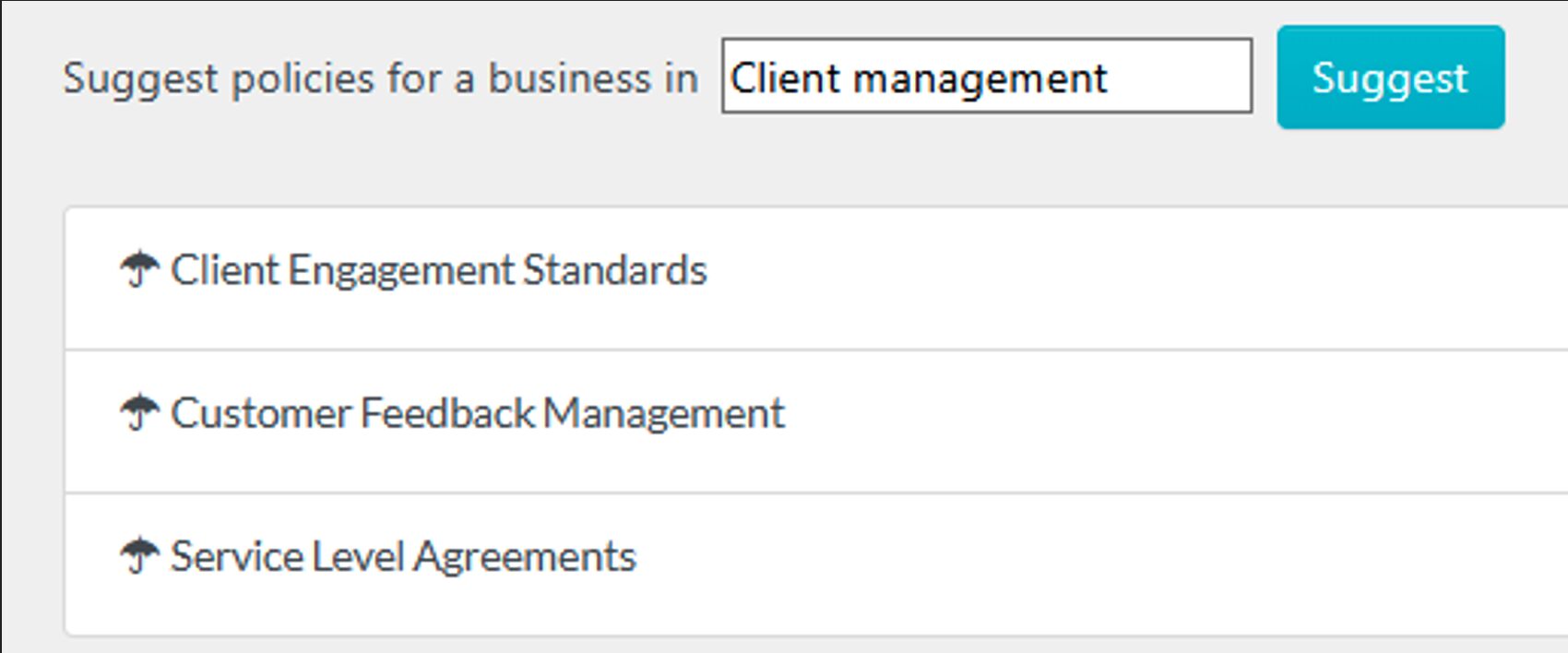댓글 0
등록된 댓글이 없습니다.

This post is a submission by Managed Services Partners. Managed Services Partners is an outsourcing company with over six years of experience assisting services enhance operations and drive development.
Embarking on the contracting out journey is an endeavor that numerous businesses carry out to enhance efficiencies, minimize costs, and utilize specialized talent.
However, along with these prospective advantages come a host of legal and compliance complexities that must be carefully navigated to ensure the success and sustainability of outsourcing efforts.
This thorough guide will explore essential legal and compliance factors to consider, with a focus on data privacy laws, non-disclosure agreements (NDAs), non-compete provisions, and the important function of adaptability in today's dynamic organization environment.
The outsourcing landscape
Outsourcing is more than a strategy for offloading non-core jobs; it is a transformative technique that can enhance a business's adaptability and competitiveness.
Whether it's IT services, client assistance, producing procedures, or human resources, outsourcing can offer a substantial edge. Companies that successfully outsource can concentrate on core organization operations, drive innovation, and access leading skill without the overhead costs of full-time employment.
However, this journey is not without its legal and compliance obstacles. Companies need to be mindful of the complexities surrounding the transfer and management of information, the defense of copyright (IP), and the upkeep of regulative compliance.
Given the global nature of outsourcing, services need to also think about cross-border legal ramifications, which might vary significantly depending on the nation where the outsourcing company operates.

Understanding these aspects is essential in guaranteeing that outsourcing partnerships align with a business's strategic objectives while alleviating possible legal risks.
In a lot of cases, companies that disregard legal and compliance factors to consider face pricey disputes, loss of delicate data, or reputational damage that can take years to recuperate from.

Importance of legal considerations
Outsourcing naturally includes legal factors to consider that are vital to safeguarding a business's interests. At the forefront is the requirement to protect delicate details. Companies should understand and follow data personal privacy laws that govern the jurisdictions in which they operate.
This is particularly crucial as data breaches can result in extreme financial penalties and reputational damage.
Furthermore, copyright rights need to be clearly specified in outsourcing contracts to prevent unapproved use or misappropriation of exclusive assets. If these rights are not correctly developed, a company might lose control over vital innovations or personal business processes.
For companies running in extremely controlled markets such as healthcare, financing, or legal services, compliance requirements are even more rigid.
Complying with guidelines such as the General Data Protection Regulation (GDPR) in Europe or the Medical Insurance Portability and Accountability Act (HIPAA) in the United States is important to avoiding legal issues.
Non-Disclosure Agreements (NDAs) and non-compete provisions
When outsourcing, business frequently share proprietary information with external service companies.
To secure this important information, NDAs are employed. These contracts are created to prevent the unauthorized dissemination of private information, therefore securing the business's competitive benefit.
NDAs should be detailed and lawfully binding, plainly describing what constitutes secret information and the responsibilities of both parties in handling delicate data. Businesses must likewise ensure that their NDAs include arrangements for legal recourse in case of breaches.
Similarly, non-compete stipulations can be included to prevent provider from exploiting sensitive knowledge gotten throughout the contracting out collaboration to benefit a rival. This is especially crucial when outsourcing freelancers or that might have numerous customers in the same industry.
However, the enforceability of non-compete stipulations can vary substantially depending upon the jurisdiction. Some regions have rigorous guidelines limiting the scope and duration of such stipulations.
Therefore, it's vital for companies to seek advice from legal experts with experience in the relevant legal structures to draft effective agreements.
Contracts: Setting the foundation
Contracts function as the blueprint for the contracting out collaboration, defining roles, duties, deliverables, and timelines. They also lay out the legal and compliance expectations for both parties.
A well-structured contract should address numerous crucial components:
Scope of work: Clear and comprehensive descriptions of the services to be offered, including quality requirements and performance metrics.
Data security: Specific stipulations associated with information protection, information transfer procedures, and breach alert protocols to make sure adherence to personal privacy laws.
Copyright rights: Provisions that develop ownership of IP developed throughout the partnership, and terms that safeguard pre-existing IP.
Termination stipulations: Terms that resolve the possible end of the outsourcing relationship, consisting of notification durations and conditions under which termination can happen without penalty.
Additionally, businesses need to think about executing service-level contracts (SLAs) to guarantee responsibility and efficiency tracking. SLAs specify measurable criteria that the outsourcing supplier should meet, supplying services with option if expectations are not fulfilled.
Engaging with provider
Consulting with prospective company during the early stages of the contracting out journey is a tactical relocation. This engagement enables companies to assess the provider's capability to meet legal and compliance requirements.
Thorough vetting procedures, such as asking for references, examining previous projects, and evaluating compliance certifications, can supply important insights into the company's reliability and adherence to industry standards.

Businesses must also examine the monetary stability of potential contracting out partners.
A service provider that faces financial difficulties might not be able to maintain operations long-term, presenting a risk to continuous jobs. Conducting due diligence in advance can prevent future interruptions.
The role of adaptability in legal and compliance strategies
Adaptability is a vital part of successful outsourcing, especially when it concerns browsing evolving legal landscapes. Regulations and market conditions can alter quickly, making it imperative for companies to remain agile.
Building versatility into contracts and developing processes for ongoing compliance tracking can assist services adapt to brand-new legal requirements and maintain a competitive edge.
For example, if a business is contracting out customer assistance operations to numerous countries, they must make sure compliance with various national laws concerning customer protection and information personal privacy.
Regularly upgrading policies and contracts in reaction to legislative changes can prevent legal risks.
Real-world considerations and best practices
To make sure legal and compliance success in outsourcing, businesses should embrace the following best practices:
Regular audits and evaluations
Conduct regular audits and assessments to guarantee that service companies remain compliant with legal and regulative requirements. This proactive technique can assist identify possible spaces before they intensify into substantial problems.
Training and awareness
Educate workers and outsourced groups on information protection practices and legal responsibilities. This ensures that everybody included in the contracting out journey understands the significance of compliance and the function they play in safeguarding information.
Collaboration and communication
Foster a collective relationship with company. Open lines of communication can assist deal with compliance issues quickly and help with joint analytical efforts.
Crisis management planning
Have contingency strategies in place in case of security breaches, agreement conflicts, or company failures. A well-structured crisis management plan makes sure that services can rapidly respond to obstacles without considerable interruptions.
Legal compliance for outsourcing success

Understanding the legal and compliance elements of outsourcing is important for services aiming to utilize external capabilities while protecting their interests. By concentrating on key areas such as information privacy, NDAs, non-compete provisions, copyright rights, and adaptability, companies can effectively navigate the outsourcing landscape.
Successful outsourcing hinges on a collaborative approach in between the business and its company. Building trust and preserving transparent communication can result in efficient problem-solving and a shared commitment to compliance.

0등록된 댓글이 없습니다.